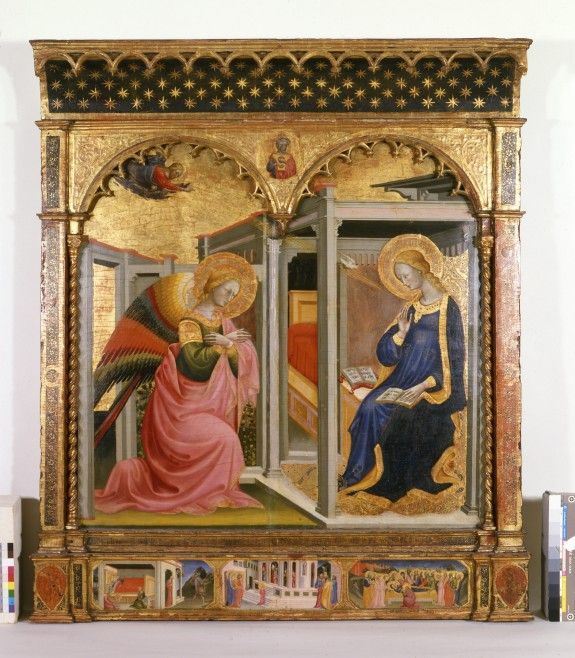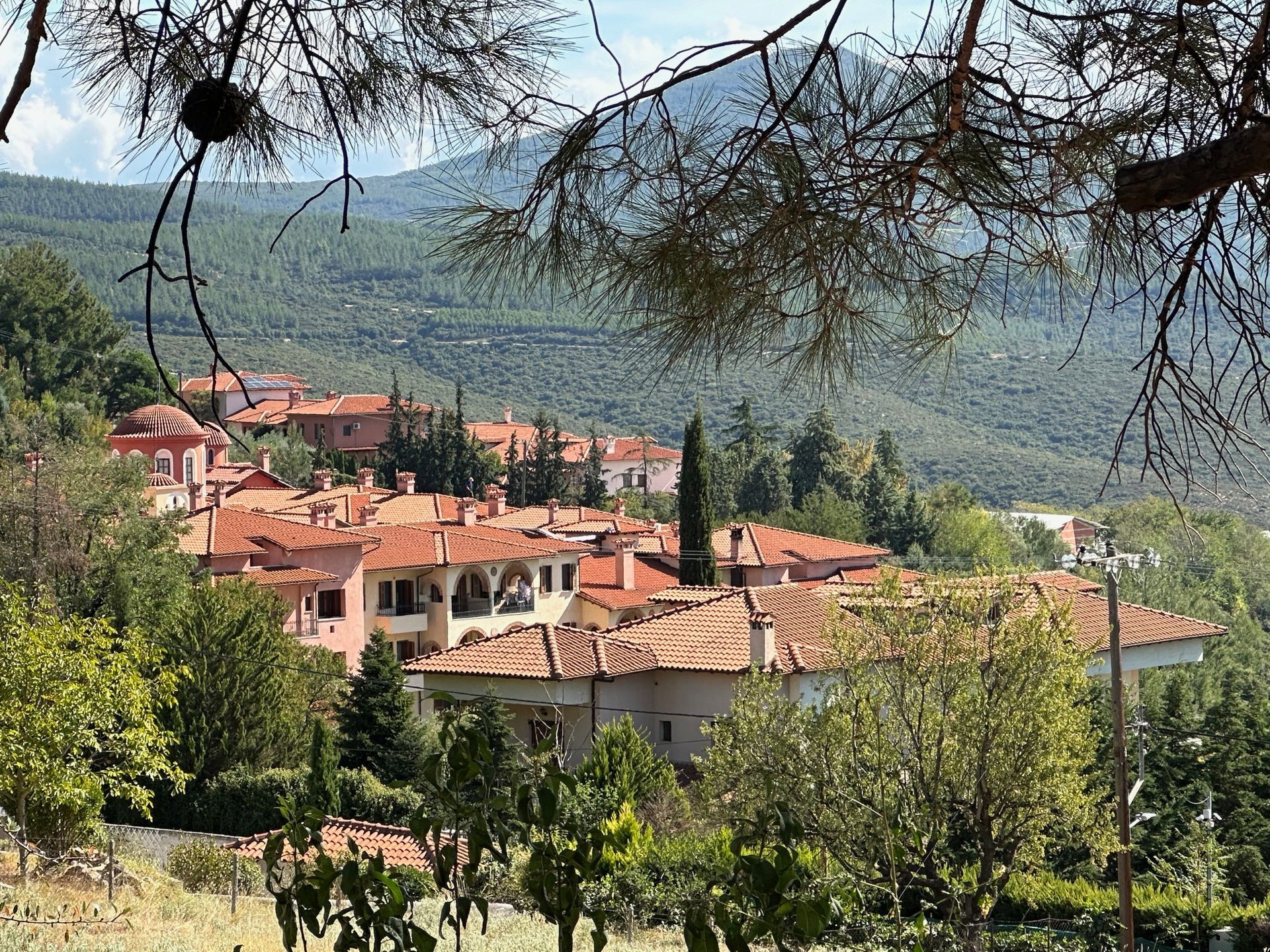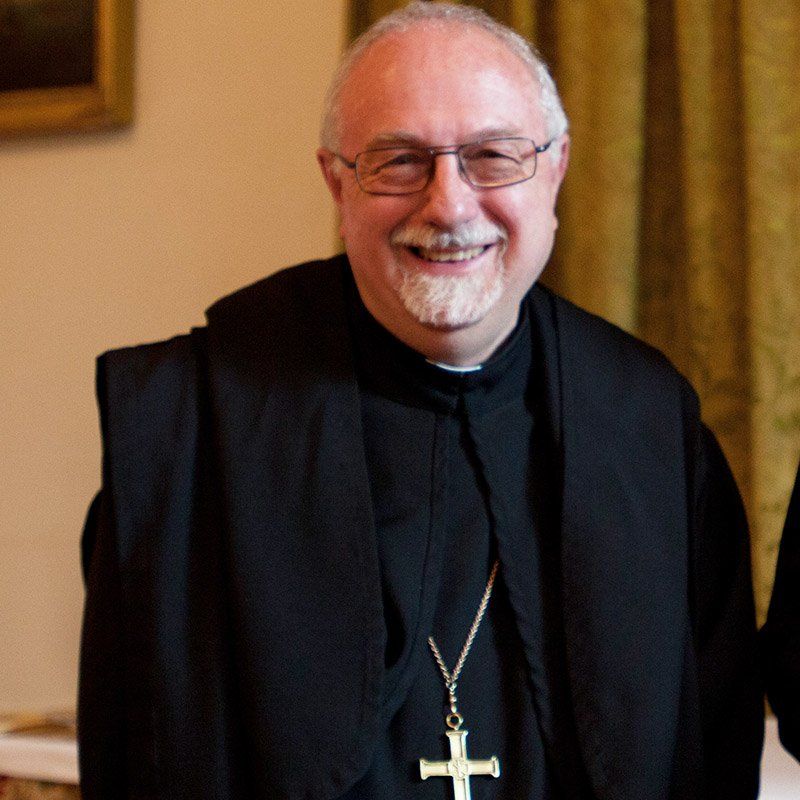Message from Fr Paul for Monday 27th March

Even today in a limited number of countries, women, and men too, can be stoned to death for actions considered to be sinful or blasphemous. In Jesus’ time women were stoned to death for committing adultery, among other ‘crimes.’ In addition to the horrific nature of the punishment, trials were and are still loaded against the accused with little or no opportunity for making a proper defence or being heard by her accusers. In today’s Gospel, Jesus is dragged into a case of adultery by a group of scribes and Pharisees, who bring a woman to Jesus in the hope trapping him into saying something against the law of Moses for which he can be put to death as well.
The scene is set by John, (Jn 8: 1-11), although a similar passage is found in Luke, (Lk 7: 36-50). “Jesus went to the Mount of Olives. At daybreak he appeared in the Temple again; and as all the people came to him, he sat down and began to teach them.” It is while Jesus is teaching in the Temple that the scribes and Pharisees arrive to make trouble. The woman is an innocent pawn in this game. “The scribes and Pharisees brought a woman along who had been caught committing adultery; and making her stand there in full view of everybody, they said to Jesus, ‘Master, this woman was caught in the very act of committing adultery, and Moses has ordered us in the Law to condemn women like this to death by stoning. What have you to say?’” It is clear that they have no interest in the woman, whether she is guilty or not, or should be stoned or not. Where is the husband who accuses her and where the man with whom she was committing adultery? Is he not equally guilty? No, the scribes and Pharisees are out to get Jesus. It is his death that they want, more than that of the poor woman.
This is clear in John’s next sentence. “They asked him this as a test, looking for something to use against him. But Jesus bent down and started writing on the ground with his finger. As they persisted with their question, he looked up and said, ‘If there is one of you who has not sinned, let him be the first to throw a stone at her.’ Then he bent down and wrote on the ground again.” Jesus tests their patience with his writing in the sand. What was he writing? Texts from the law, or simply scribbling to anger his adversaries? What matters are his words, and what a judgement he gives, such words of wisdom, God’s own word. ‘If there is one of you who has not sinned, let him be the first to throw a stone at her.’ With these words, he has won the battle, for John tells us, “When they heard this, they went away one by one, beginning with the eldest, until Jesus was left alone with the woman, who remained standing there. He looked up and said, ‘Woman, where are they? Has no one condemned you?’ ‘No one, sir’ she replied. ‘Neither do I condemn you,’ said Jesus ‘go away, and do not sin anymore.’” One by one they slink away, for they have all sinned. Who knows how many of them are guilty of the same sin as the woman? No one is able to condemn her and neither does Jesus, who comes to bring forgiveness and a second chance to those who sin. The second half of his sentence is as important or even more so than the first. “Go away and sin no more.” These are Jesus’ words to us each time we go to Confession and truly repent of our sins. I hope we all hear them before Easter.
Fr Paul










